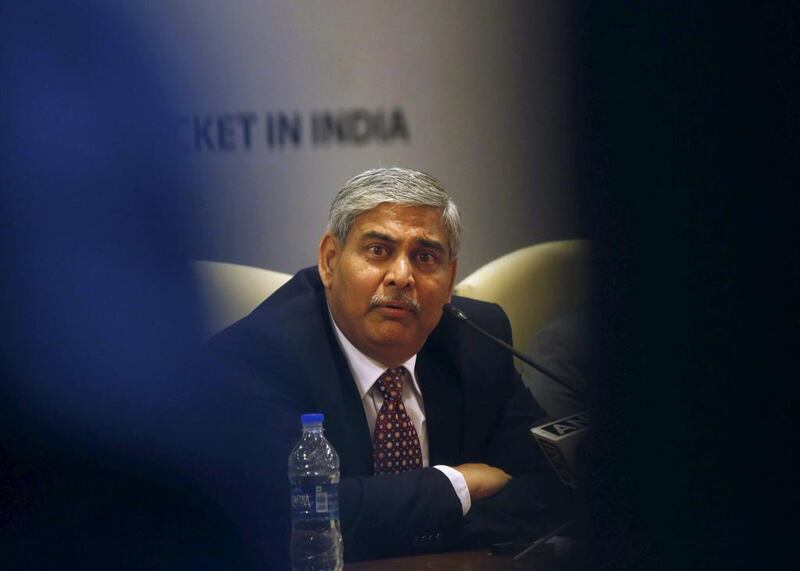Shashank Manohar is a lawyer and a cricket administrator known for his no-nonsense approach.
He resigned in his second term as president of the cash-rich Board of Control for Cricket in India (BCCI) this week. During both terms he was needed to helm in controversies.
Yet he has an eccentricity about him. He has a principle of not keeping a mobile phone. Imagine. When this writer once asked him if that did not hinder him from performing his duties, he retorted back: “Who says so?”
He did not have a passport either until 2008 when he had to fly to Dubai to attend International Cricket Council (ICC) meetings as BCCI president in his first term.
He will need that passport more often in a longer second stint as ICC chairman. His first stint was short-lived because he was a replacement by default. But in true lawyer fashion, he maintains he is not assured of being re-elected to the world body until it is rubber stamped.
See also:
• Osman Samiuddin: Inside the International Cricket Council's corridors of power: Different, but same same
• Cricket talking points: BCCI's image makeover, Chris Gayle U-turn, Rangana Herath calls time
This even though he has won back the trust of ICC members after he rescinded plans initiated by his own predecessor at the BCCI, N Srinivasan, to have a vice-like grip on the affairs of world cricket.
Manohar has quit his India fiefdom to go out and rule the world, citing conflict of interests.
But it also an open secret that Manohar was unhappy that, despite his best efforts to ring in reforms at the BCCI, as desired by an Indian court-appointed panel, he was left between a rock and a hard place.
Without detailing the problems within the Indian board and the politics, suffice to say that the best intentions of Manohar fell short of the task at hand and rubbed some of his own colleagues up the wrong way in doing so.
“I don’t want to name anyone but can say I have been forced to resign,” Manohar told the Deccan Chronicle newspaper. “I didn’t want my image to be spoilt. I didn’t wish to run the board with others’ influence.”
The question ahead is what he has to offer the ICC now. He will surely look into the lopsided nature of cricketing fixtures among the elite nation members and the next fringe bunch of Associate countries such as Afghanistan and the UAE.
But any decision involving financial support will mean routing it through the BCCI, because that is the modern hierarchy of the decision-making process or the Sphere of Influence, the apt title of Gideon Haigh's book.
Given the turn of events, however, he may not necessarily be an extension of the BCCI and it will be interesting to see how much he can get the Indian power brokers to play ball in the meeting rooms of the ICC headquarters at Dubai Sports City.
While a chairman with a clean image from India may be just what the doctor ordered for the ICC, he runs the risk of being another figurehead whose hands are tied in front of the next BCCI management.
One thing is assured, pose that query to Manohar himself and you will hear him hit back: “Who says so?”
Follow us on Twitter @NatSportUAE
Like us on Facebook at facebook.com/TheNationalSport






